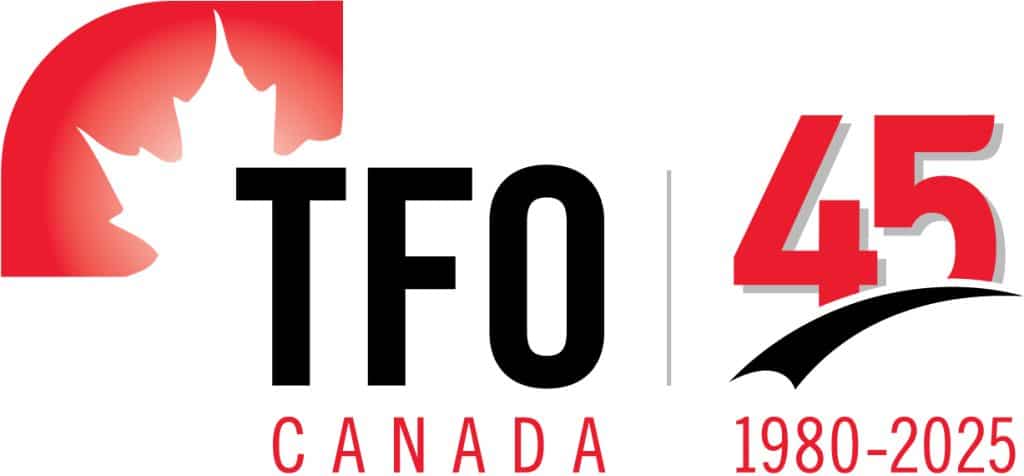“The Vietnamese vegetable market is becoming a modern trade”
“Bejo was one of the first breeding companies to initiate seedling production and research facilities in Vietnam, recognizing the country’s potential and the crucial role suitable varieties play in industry development. Since the center’s opening in 2018, the industry has experienced rapid expansion, according to Agung Pratama of Bejo South East Asia.
Strong development rate
“Relative to other Southeast Asian seed markets, the Vietnamese seed market has shown a strong development rate,” says Agung. “Until 2023, it had a CAGR of 6.9%, while in the past 5 years, the CAGR was over 7%. This indicates positive market development, with expectations to surpass 100 million USD by 2030. Additionally, we’re witnessing strong growth in demand for vegetable exports and a growing need for fast hybrid seed shifting, as opposed to non-hybrid OP seeds.” Furthermore, large farms owned by business tycoons have undergone significant development, with export opportunities within and beyond the region. “Government support for investment and foreign trade, along with a climate conducive to vegetable diversification, equally contribute to this development.”
Agung notes that the pandemic has increased vegetable consumption and awareness of healthy eating and growing. “Nowadays, vegetable packaging provides details on nutrition and cultivation methods. This indicates that the Vietnamese vegetable market is evolving into modern trade. Another trend is the increased online purchasing by consumers in the region.”
Allium, rooted vegetables, and brassica
Regarding their most popular products, he mentions that their allium portfolios, rooted vegetables, and brassica portfolios are popular in Vietnam. “Currently, we’re developing our indoor segment, which includes lettuce and fruit crops.”
Moreover, uniformity, better crop protection, and good yields are becoming important breeding objectives for most seed companies. “This development is bolstered by the fact that farmers are now well-educated and willing to go the extra mile.” The company’s annual Vietnamese Open Day, held at the breeding center and attended by all stakeholders within the vegetable supply chain, has become a popular event. “It contributes to enhancing market and export knowledge. We make efforts to provide a total solution for farmers, including market linkage and processing. For instance, our asparagus varieties can not only be eaten but also processed into asparagus tea.”
Nevertheless, the Vietnamese vegetable industry faces challenges, including biosecurity issues. “Biosecurity is strict, especially for importing seeds. National organizing bodies should tackle this more effectively by easing seed importation. We hope that good communication prevents disruptions to seed supply and, thus, vegetable production.”
Addressing climate and disease-related issues, he continues, “As a breeding company, we see this as a potential market. Particularly considering the growing Southeast Asian middle class, who demand good-quality vegetables on their tables.”
Furthermore, flooding risks and rising temperatures have affected the popularity of greenhouses in Vietnam, especially in Da Nang. Agung elaborates: “In Vietnam and other Southeast Asian countries, challenging climate conditions negatively affect crop and seed production. Therefore, the industry should develop versatile varieties and greenhouse technology to manage these climatic challenges, albeit at increased production costs in the future.”
Shallot cluster
An example of this is Bejo’s participation in the project “Transition towards sustainable shallot value chains in the Mekong Delta.” Last year, an impact cluster was formed by Bejo Zaden, Groot & Slot, Royal Brinkman, BvB Substrate, Eurofins, Can Tho University, and Fresh Studio, with the goal of strengthening the shallot production sector in the Mekong Delta by introducing and making innovative Dutch production technologies and methods accessible to local shallot farmers. It’s an example of how Bejo believes it can contribute to the development of the vegetable industry. “In addition to the partners and growers we work with, we believe that we couldn’t maintain our activities without support from regional distributors.
Stable vegetable prices
For now, he believes the Vietnamese vegetable sector would benefit from stable vegetable prices and competitive trading prices. “A good new hybrid introduction must focus on greater yield and a good resistance package. With this combination, farmers can produce, cultivate, and earn a fulfilling compensation simultaneously. It sounds utopian, but it’s truly everyone’s wish within the agriculture industry.” He adds that within Bejo, it’s not all about business. “Our ambition to further develop this region was one of the reasons for starting our research and breeding activities in Vietnam, alongside seed production. We care about developing local talents in the industry, sharing our knowledge as technology develops. In doing so, we’re not only concerned with Vietnam but with the wider region. This is why our sales office in Jakarta, Indonesia, is focused on the Southeast Asian market as a whole.””
*This article is excerpted from freshplaza.com website, published March 29, 2024
